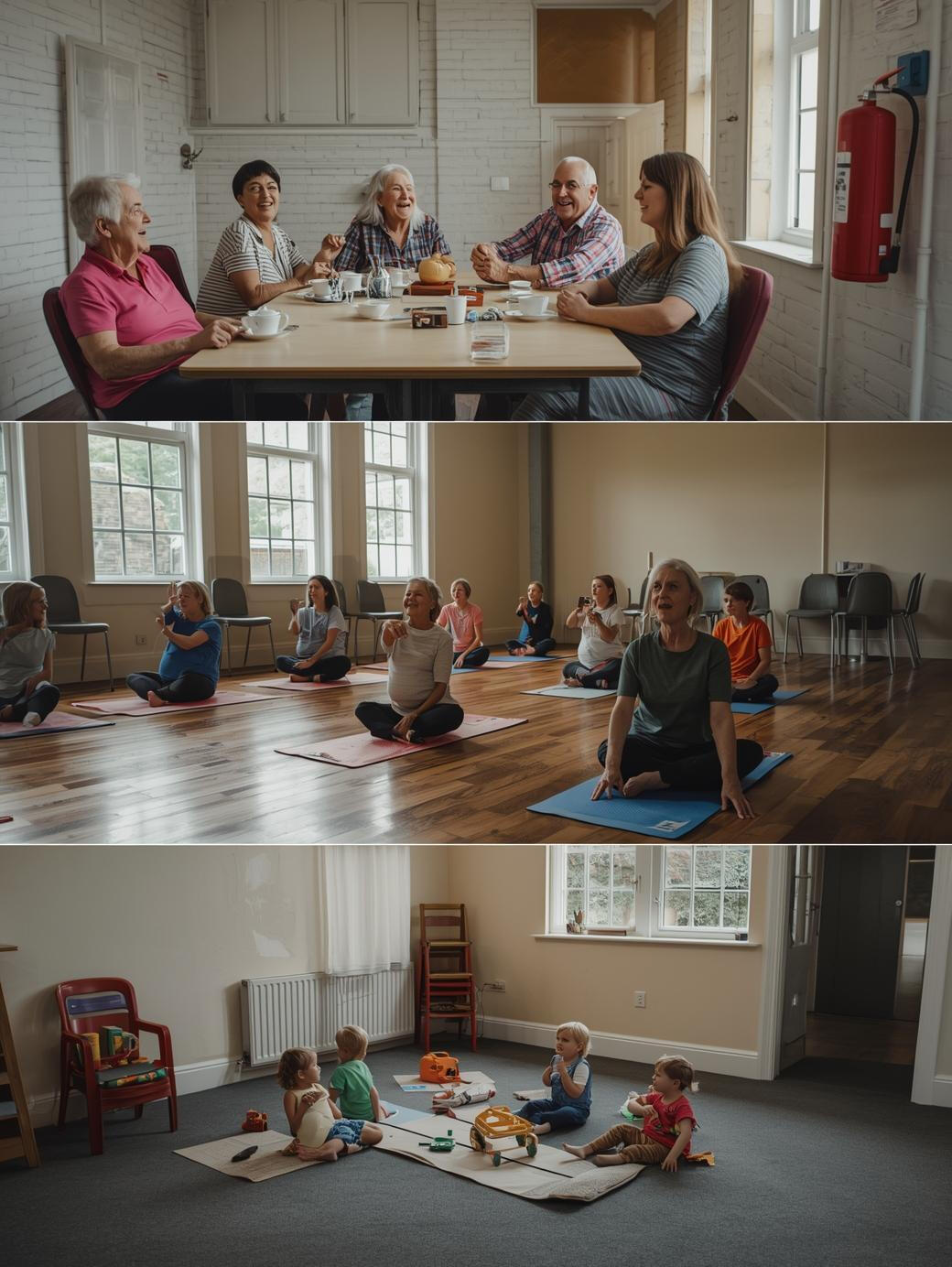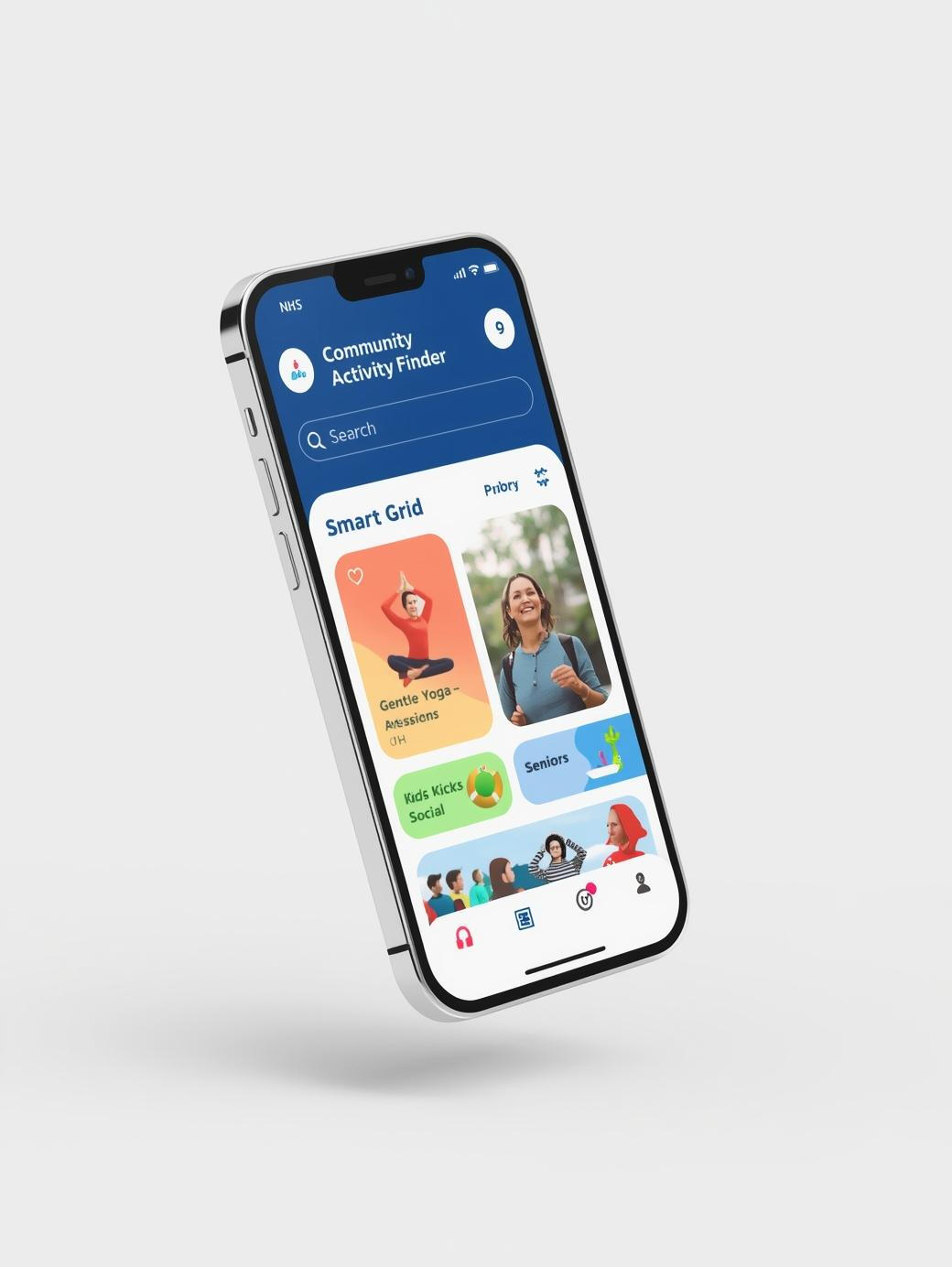
Static directories are dead. We build Live Networks.
Digilynx is the social enterprise behind Active Communities—the UK's first "Smart Grid" for community wellbeing. We turn static lists into real-time activity feeds for the NHS, Councils, and Citizens.

The "Dark Data" Problem
Every day, thousands of activities take place in village halls, community centres and church halls across the UK. But for Social Prescribers and the public, this data is invisible.
The Risk
Vulnerable people are often referred to activities and services that no longer exist, destroying trust.
Introducing Active Communities
The Operating System for Local Wellbeing

Active Communities is an open-data platform that connects supply (Venues) with demand (Citizens) in real-time. We replace static lists with live, bookable activities.
For Venues: A professional microsite with a live "What's On" schedule to drive enquiries.For Providers: A free booking system to automate admin.For Citizens: "Smart Search" that finds exactly what they need.For the NHS: Live Open Active data feeds that plug into social prescribing tools.
Profit for Purpose
Digilynx is a certified Social Enterprise. We reinvest 50% of surplus to keep tools free for venues and providers.
Let's Connect Your Community
Whether you are an Integrated Care Board (ICB), a Local Infrastructure Organisation (LIO), or a Venue Manager, we have the digital tools you need.
© 2025 Digilynx Limited. Powering Active Communities. Registered in England & Wales. Company No: 13253551